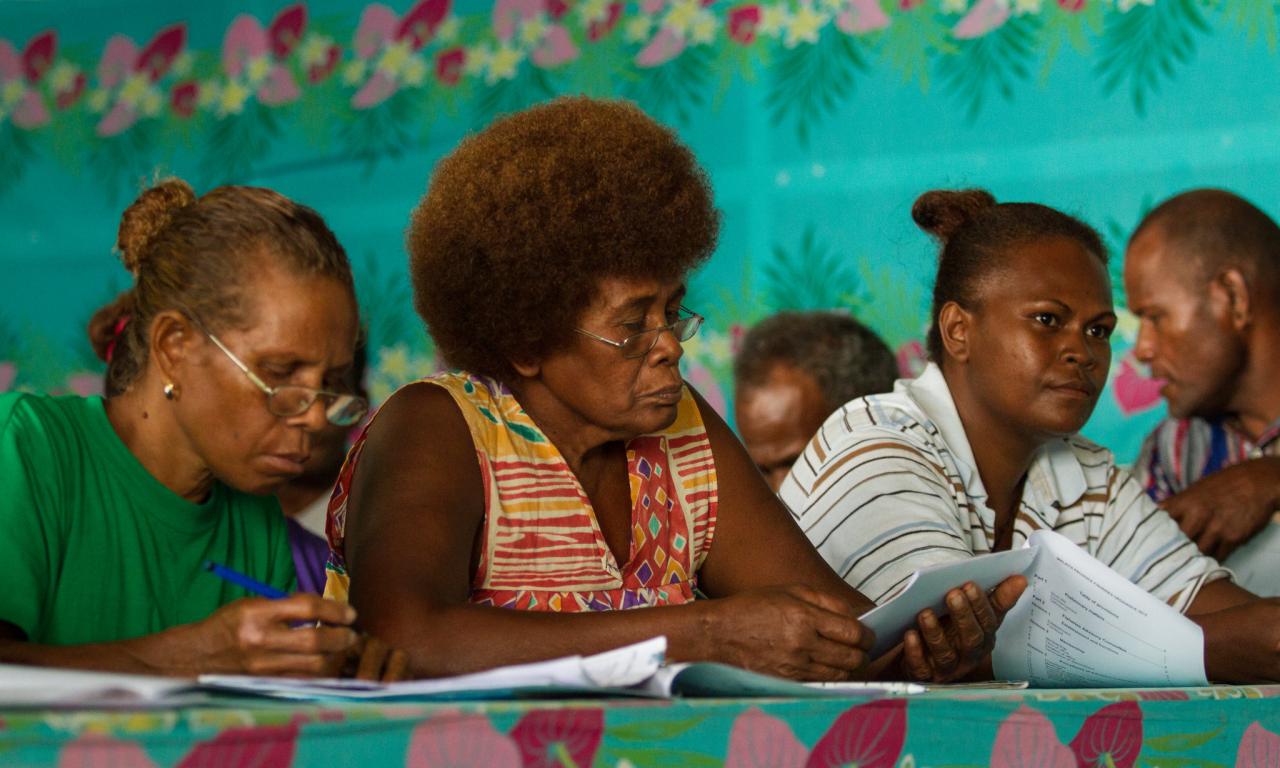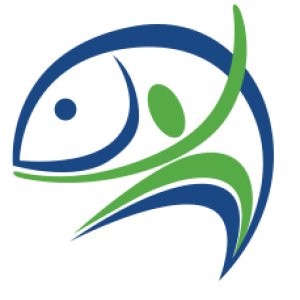
Thriving local food systems are the cornerstone of food security, culture, and heritage of Indigenous communities, and in small island states across the Pacific, these systems are heavily dependent on aquatic foods. In Solomon Islands, fish accounts for 57 percent of animal-source protein consumption, providing vital nutrients as well as livelihoods for the islands’ fishers.
Equipping and empowering fishers, processors, and all actors in the value chain to carefully manage the islands’ natural resources is, therefore, critical to ensure the sustainability and climate resilience of fisheries.
Since 2011, WorldFish has been collaborating with the Ministry of Fisheries and Marine Resources (MFMR) and the government of Malaita—the province with the largest population and the third highest rate of poverty—to inculcate Community Based Resource Management (CBRM) through research, training, and outreach. Having honed this model over the years, WorldFish helped MFMR to launch a nationwide CBRM scaling strategy in 2022, extending technical support to communities throughout the archipelago.
WorldFish has provided customized technical support on CBRM to 76 communities in Malaita since 2021. This included developing 16 information sets on key issues such as mangrove restoration and coral replanting, which contribute to healthy ecosystems and support resilient aquatic food systems. These were disseminated to communities, schools, and health clinics with dedicated sessions for women, empowering women, and young people to have a greater role in CBRM decision-making.
To build institutional capacity, trainings were held for community facilitators, which led to the co-development of 12 management plans. These plans, systematized by WorldFish, set out agreed rules for the management of coastal fisheries to support the sustainability of both the local economy and environment.
The new CBRM scaling strategy provides guidelines for all NGOs and non-profits in the region and directly supports the goals of Solomon Islands National Fisheries Policy 2019–2029.
The initiative by MFMR to scale out CBRM nationally vouches for the enhanced institutional and human resource capacity of Solomon Islands over the years.
The success of the model demonstrates integration of interventions with the national strategy and inclusive partnerships as key to institutionalizing good governance and empowering Indigenous communities for the sustainable use of marine resources to secure their food, nutrition, and livelihoods.
Funded by: Australia Centre for International Agricultural Research
Partners: Ministry of Fisheries and Marine Resources and Malaita Provincial Government, Solomon Islands
